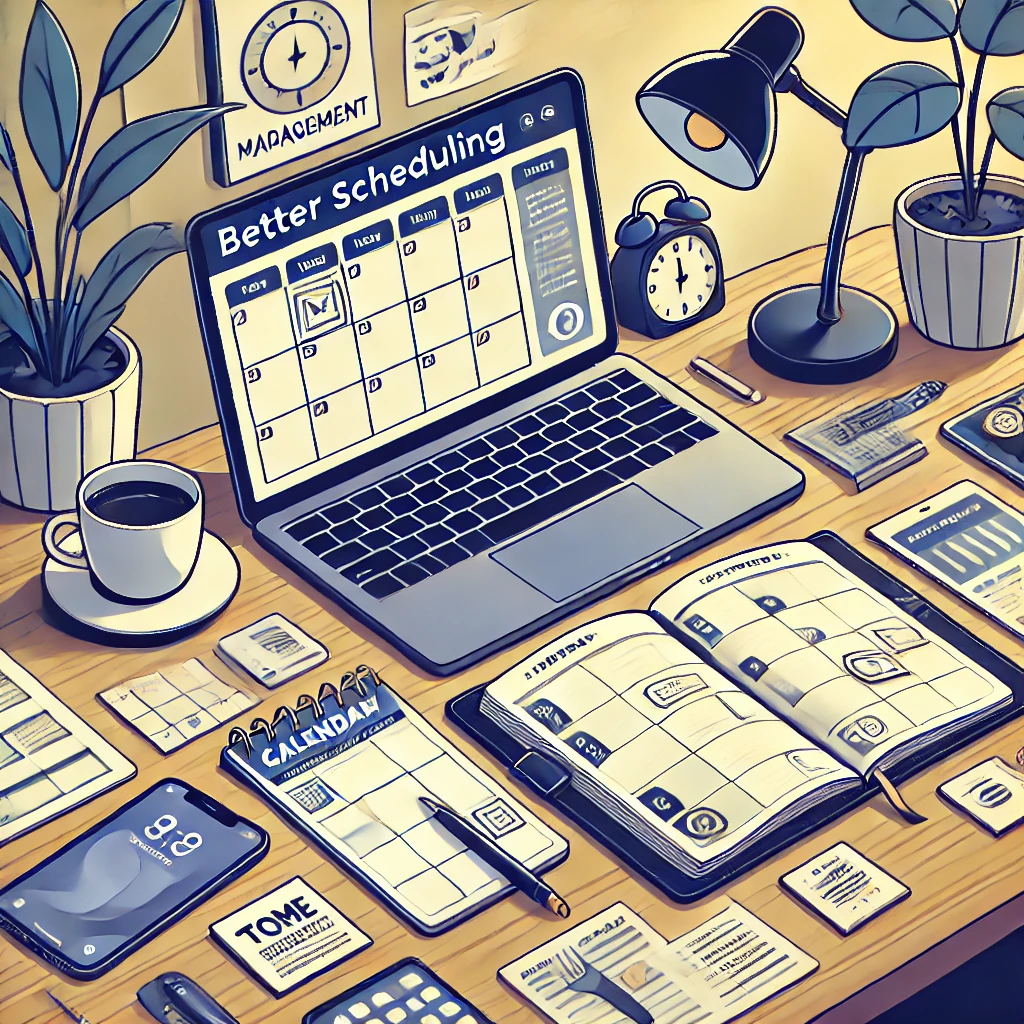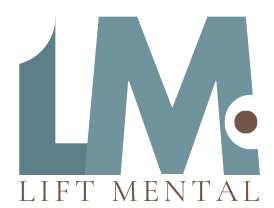Waking up each day to a to-do list that feels insurmountable can create a sense of overwhelming pressure. Meetings, deadlines, errands, and commitments blend into one exhausting blur, leading to what we know as schedule overload stress. This isn’t just about being busy—it’s about the profound impact on your mental, physical, and emotional well-being.
What is Schedule Overload Stress? It happens when your daily responsibilities outweigh the time and energy available to manage them. Symptoms can include irritability, constant rushing, and feeling like there’s no room to breathe. Physical manifestations often appear as tension headaches, persistent fatigue, or even chest tightness, signaling the stress burden on your body.
The underlying biology of stress tells us why it’s so harmful. When you experience prolonged stress, your body’s fight-or-flight response activates, releasing hormones like cortisol and adrenaline. While these hormones are useful in short bursts, ongoing exposure can impair memory, hinder decision-making, and weaken your immune system, leaving you vulnerable to illness.
The root causes of schedule overload stress often boil down to overcommitment, lack of boundaries, and poor time management. In today’s hyperconnected world, many people feel obligated to say “yes” to every opportunity or social engagement, leaving little room for rest or reflection. Addressing these patterns is essential to breaking free from the cycle of stress and reclaiming control of your time and energy.
By understanding the definition, symptoms, and causes of schedule overload stress, you can take the first steps toward managing it effectively and restoring balance to your life.

The Effects of Schedule Overload Stress on Your Life
Schedule overload stress does more than leave you feeling frazzled—it can disrupt every facet of your life, from your emotional health to your physical well-being and professional performance. Recognizing these far-reaching effects is essential for managing stress effectively and regaining a sense of balance and control.
Emotionally, stress from an overloaded schedule often starts as frustration when tasks pile up. Over time, this can evolve into chronic anxiety or even full-blown burnout, leaving you feeling mentally drained and unable to focus. This emotional fog traps you in a cycle of incomplete tasks and guilt, making it harder to break free from the overwhelming pressure.
The physical consequences of stress are equally impactful. Persistent fatigue becomes an everyday battle, making even small tasks feel insurmountable. Headaches, muscle tension, or frequent illnesses may signal that your immune system is under strain. If left unchecked, prolonged stress can lead to more severe health issues like hypertension or heart disease, emphasizing the importance of addressing it early.
The ripple effects of stress extend to both professional and personal life. At work, schedule overload diminishes productivity, creativity, and focus, leading to missed deadlines and decreased performance. At home, the inability to disconnect from responsibilities can strain relationships, leaving little time or energy for meaningful connections and self-care.
Understanding these emotional, physical, and social impacts is the first step toward addressing schedule overload stress. By confronting its effects head-on, you can begin to create a healthier, more sustainable approach to your daily commitments and overall lifestyle.

How to Identify If You’re Experiencing Schedule Overload Stress
Schedule overload stress can quietly creep into your life, often disguised as being busy, until it spirals out of control. Recognizing the early signs is crucial to addressing it before it significantly impacts your well-being. Subtle indicators like constant irritability, impatience, or exhaustion—even after a full night’s sleep—can be early warning signs. You might also notice frequent forgetfulness, such as missing appointments or misplacing items, which often reflects mental fatigue caused by an overwhelming schedule.
Taking a moment to pause and assess your stress levels can provide clarity. Ask yourself: Do I feel like there’s never enough time in the day? Am I skipping meals, workouts, or hobbies to catch up on tasks? Have I snapped at loved ones over minor issues recently? If the answer to any of these is “yes,” it’s time to reevaluate your workload and priorities. Self-awareness is the first step in regaining control over your time and energy.
Mindfulness can be a powerful tool for identifying stress triggers. Spend just five minutes observing your thoughts and physical state. Notice if your shoulders are tense, your breathing shallow, or your mind racing with unfinished tasks. Acknowledging these sensations allows you to pinpoint the sources of stress and take action. By recognizing these patterns early and applying mindfulness techniques, you can prevent schedule overload stress from escalating and maintain a healthier balance in your life.

Practical Strategies for Managing Schedule Overload Stress
Managing schedule overload stress isn’t about doing more—it’s about doing smarter. By applying practical strategies, you can regain balance and carve out time for what truly matters. Start with prioritization by categorizing tasks into what’s urgent and what’s important. Tools like the Eisenhower Matrix can help you determine whether a task needs immediate attention or can wait, ensuring your energy is focused on activities that align with your goals.
Time blocking is another effective strategy. Allocate dedicated slots for focused work, personal activities, and rest, treating these blocks as non-negotiable. For instance, reserve two hours in the morning for deep work and an hour in the evening for family or relaxation. This structured approach helps you stay on track without feeling overwhelmed. Delegation is equally important. You don’t have to tackle everything yourself. Identify tasks that others can manage and delegate them, whether it’s hiring help for household chores or assigning responsibilities at work. This frees up time for high-value activities that only you can handle.
Setting boundaries is crucial for maintaining balance. Politely decline tasks or commitments that don’t align with your priorities by saying, “I’m at capacity right now, but thank you.” This protects your time and energy. Finally, consider a digital detox. Unplug for a few hours each day by turning off unnecessary notifications, limiting social media, and creating a distraction-free workspace. These small but impactful steps can significantly improve your focus and reduce stress, helping you manage your schedule more effectively.

Lifestyle Changes to Support Stress Management
Managing stress isn’t always about fixing your schedule—it’s often about changing your lifestyle to better support your body and mind. Small but meaningful shifts can make a significant impact, helping you build resilience against daily pressures. Exercise is a particularly effective stress-relief tool, offering benefits that extend beyond physical health. Engaging in activities such as walking, yoga, or dancing triggers the release of endorphins, the body’s natural chemicals for combating stress. Just 30 minutes of movement a day can improve mood, boost energy, and help you feel more in control.
Nutrition also plays a critical role in how you manage stress. Foods rich in omega-3s, such as salmon and walnuts, help regulate stress hormones, while excessive caffeine and sugar can spike anxiety and cause energy crashes. Making mindful choices about your diet can stabilize your mood and enhance your overall well-being.
Equally important is prioritizing sleep, your body’s natural repair mechanism. Strive to get 7-9 hours of sleep each night by creating a soothing bedtime routine. Turn off screens an hour before bed, maintain a cool, dark sleeping environment, and engage in relaxing activities like meditation or reading to unwind.
Incorporating hobbies and relaxation techniques into your routine can also ease stress. Activities that spark joy—whether painting, gardening, or listening to music—offer a mental escape from daily pressures. Techniques like deep breathing or progressive muscle relaxation can further calm your nervous system during challenging moments. These lifestyle changes provide a strong foundation for lasting stress management and well-being.

Leveraging Tools and Resources for Better Scheduling
Managing schedule overload stress becomes significantly easier with the right tools and resources. By leveraging technology and adopting effective tactics, you can organize your tasks, reclaim control of your time, and simplify your life. Several apps stand out as game-changers for time management and organization. Trello provides a visual platform for tracking tasks, deadlines, and goals, while Google Calendar lets you sync schedules, set reminders, and color-code activities for clarity. For a more comprehensive solution, Notion acts as an all-in-one workspace, seamlessly managing to-do lists, notes, and calendars. These tools streamline your planning process, allowing you to focus on execution rather than juggling priorities.
While digital tools are invaluable, there’s something grounding about using a physical planner. Combining both methods can maximize effectiveness. Plan your weekly goals on Sunday evenings, block out specific times for tasks, and include buffer periods for unexpected delays or breaks. This hybrid approach keeps you organized and flexible, adapting to the demands of a busy schedule.
Sometimes, managing stress requires outside support. If you find yourself stuck in a cycle of overload despite your efforts, seeking professional help can make a difference. Therapists or counselors who specialize in stress and time management can offer tailored solutions. Life coaches provide accountability and help you clarify goals, while productivity experts can identify inefficiencies in your work processes. These resources empower you to overcome obstacles and move toward a more balanced and fulfilling life. By integrating these tools and seeking assistance when necessary, you can turn chaos into control.

Long-Term Approaches to Prevent Schedule Overload Stress
Creating a resilient and balanced lifestyle is key to managing schedule overload stress in the long term. While quick fixes can provide temporary relief, building a sustainable approach ensures that stress remains at bay while promoting personal growth and harmony.
Developing resilience through mental health practices is a powerful first step. Daily journaling allows you to reflect on what’s working and identify areas for improvement. Spending as little as five minutes a day meditating can help relax your mind, enhance your focus, and lower stress levels. Seeking regular support through therapy or coaching can also provide valuable clarity and effective coping strategies for long-term challenges.
Adopting a balanced mindset is another critical element. Rather than striving for perfection, shift your focus to making progress. Accepting that it’s okay to leave some tasks unfinished if they don’t align with your priorities can significantly reduce feelings of guilt and free up mental energy for what truly matters in your life.
Continuous self-evaluation is equally important for maintaining balance. Take time to regularly review your schedule and commitments. Ask yourself: What can I eliminate? What can I delegate? What activities or tasks genuinely bring value to my life? By consistently reassessing your approach, you can adapt to changing circumstances and stay aligned with your goals.
Building resilience, embracing balance, and practicing self-evaluation are powerful strategies that, when combined, create a lifestyle that fosters long-term well-being and reduces the risk of schedule overload stress.

Conclusion : Reclaim Balance and Breathe Freely
Schedule overload stress doesn’t have to control your life. By understanding its impact, recognizing the signs, and implementing practical strategies, you can regain clarity, productivity, and peace of mind. Small changes—like prioritizing tasks, setting boundaries, and making time for yourself—can create a ripple effect that transforms your day-to-day experience.
The key lies in balance. It’s not about filling every moment; it’s about creating space for what truly matters. Whether through lifestyle changes, leveraging tools, or seeking professional help, taking steps today can lead to lasting well-being tomorrow.
Remember, your schedule is a tool to serve you, not a master to enslave you. Embrace these strategies, and start your journey toward a more balanced and fulfilling life. You’ve got this!
